Albert Heijn
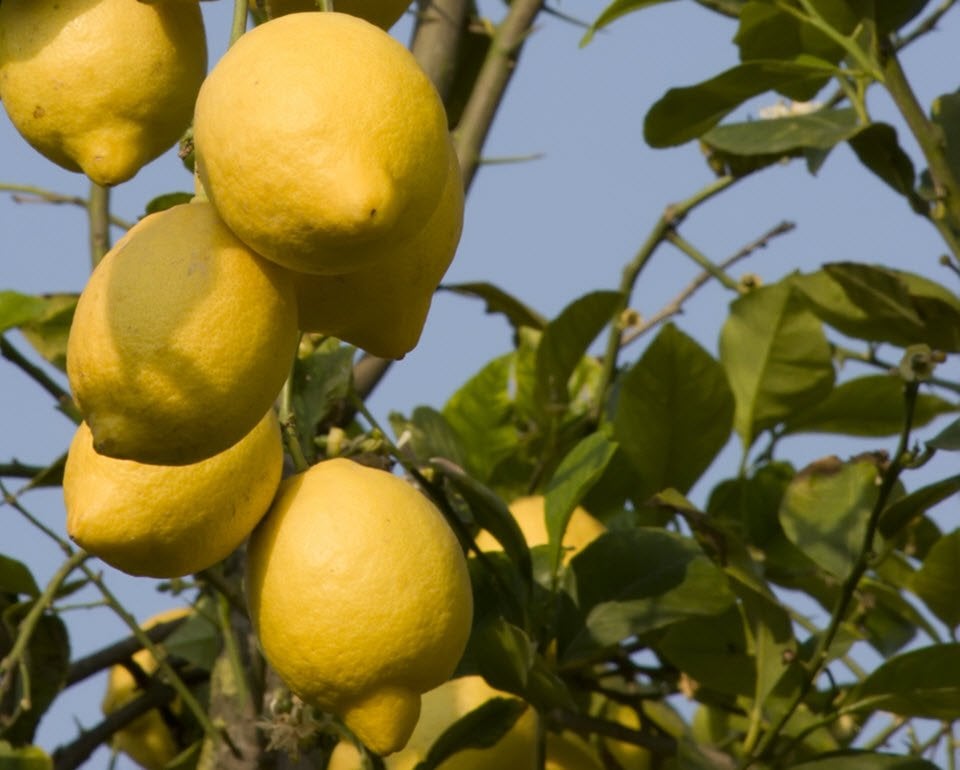

Worth about €27 billion, the European organic market has grown by 125 percent in the last decade. This provides an exciting opportunity for food companies to participate in this continuing growth. However, in order to benefit from this, you must be certified to sell your organic products in accordance with the legal requirements of the European Union.

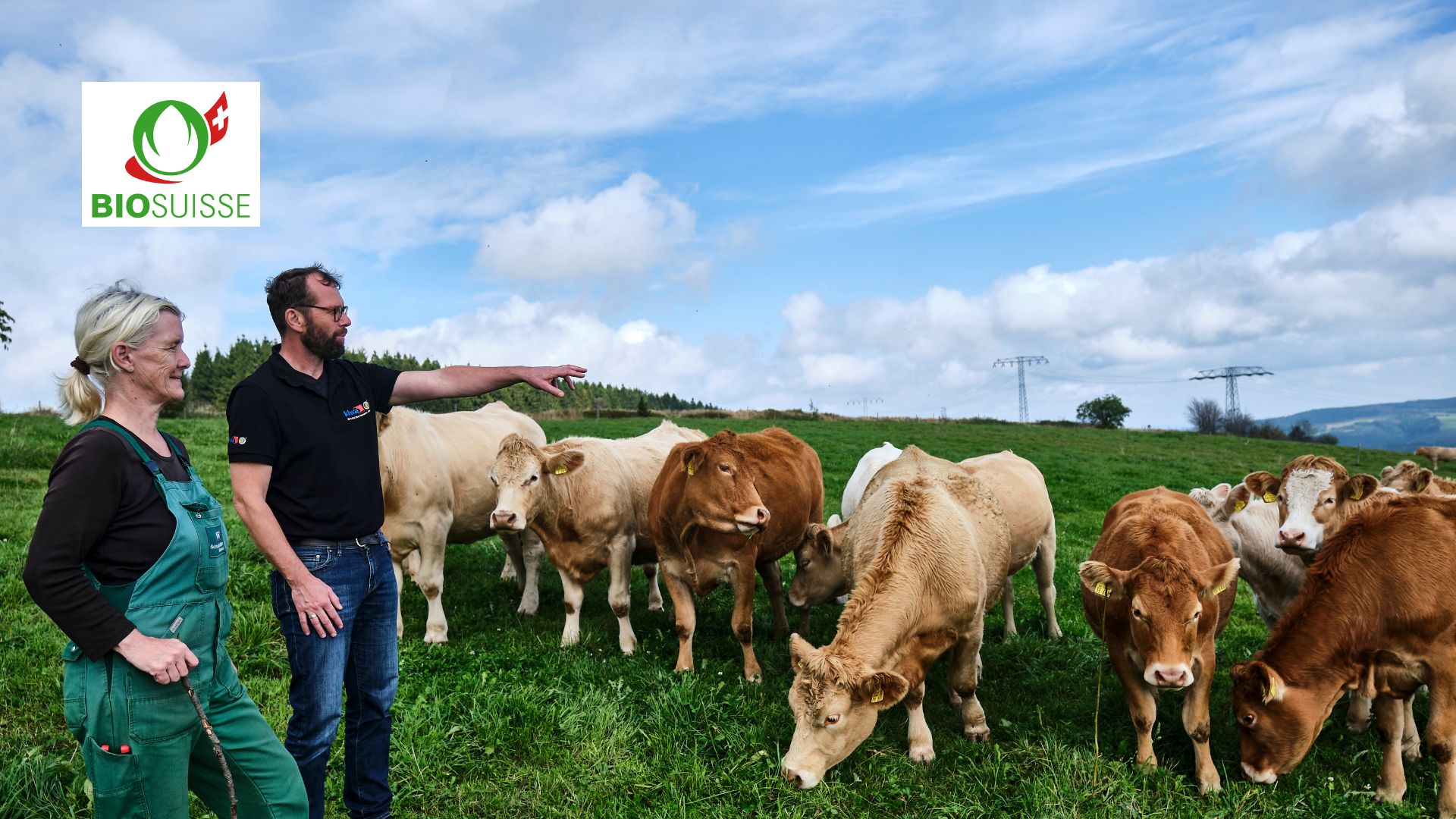
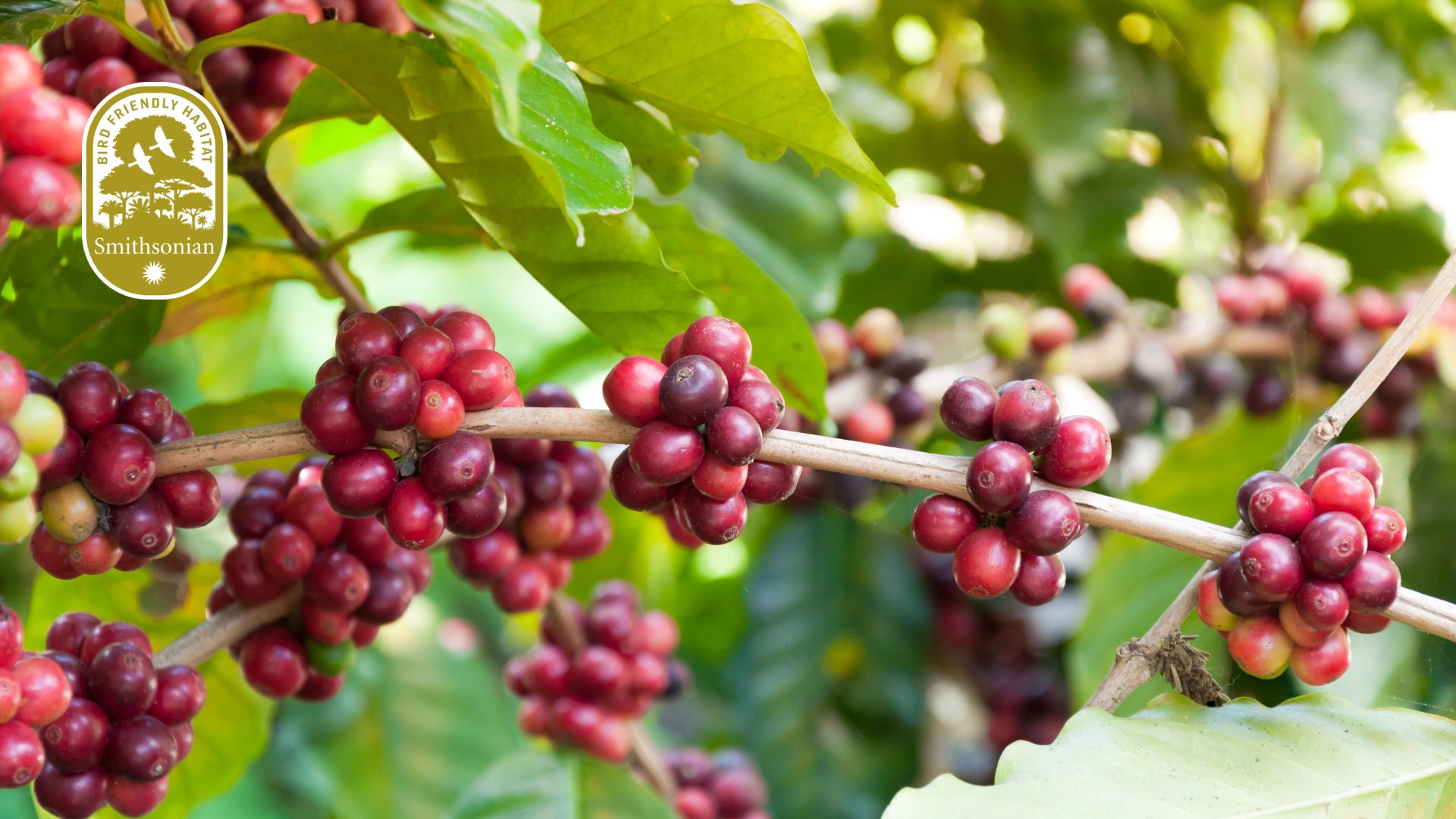
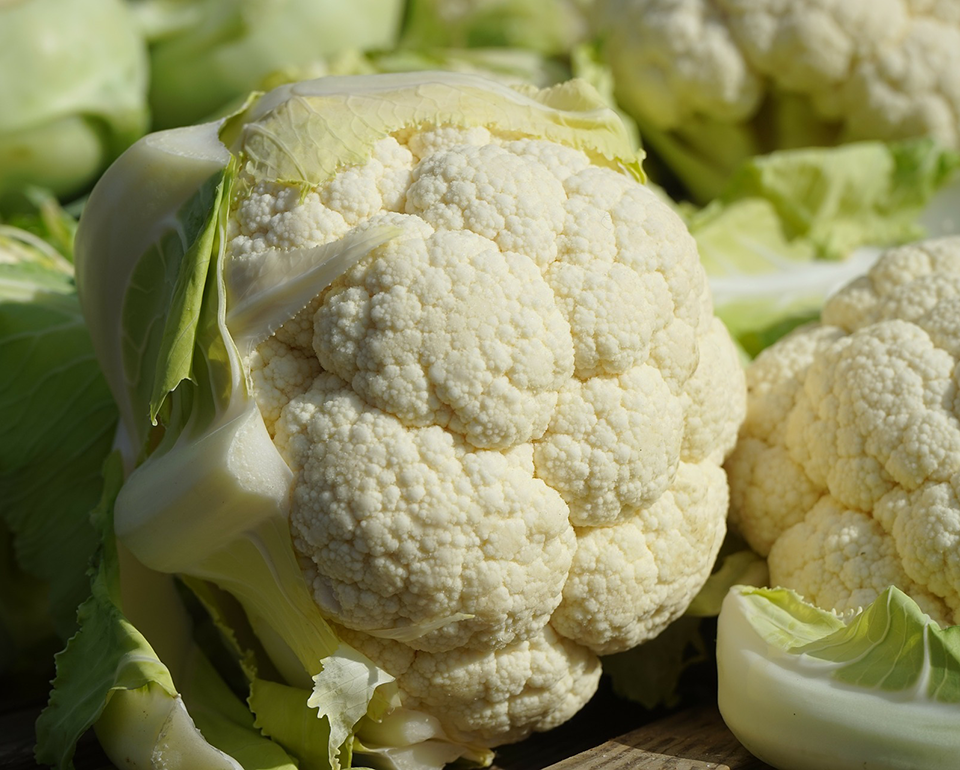

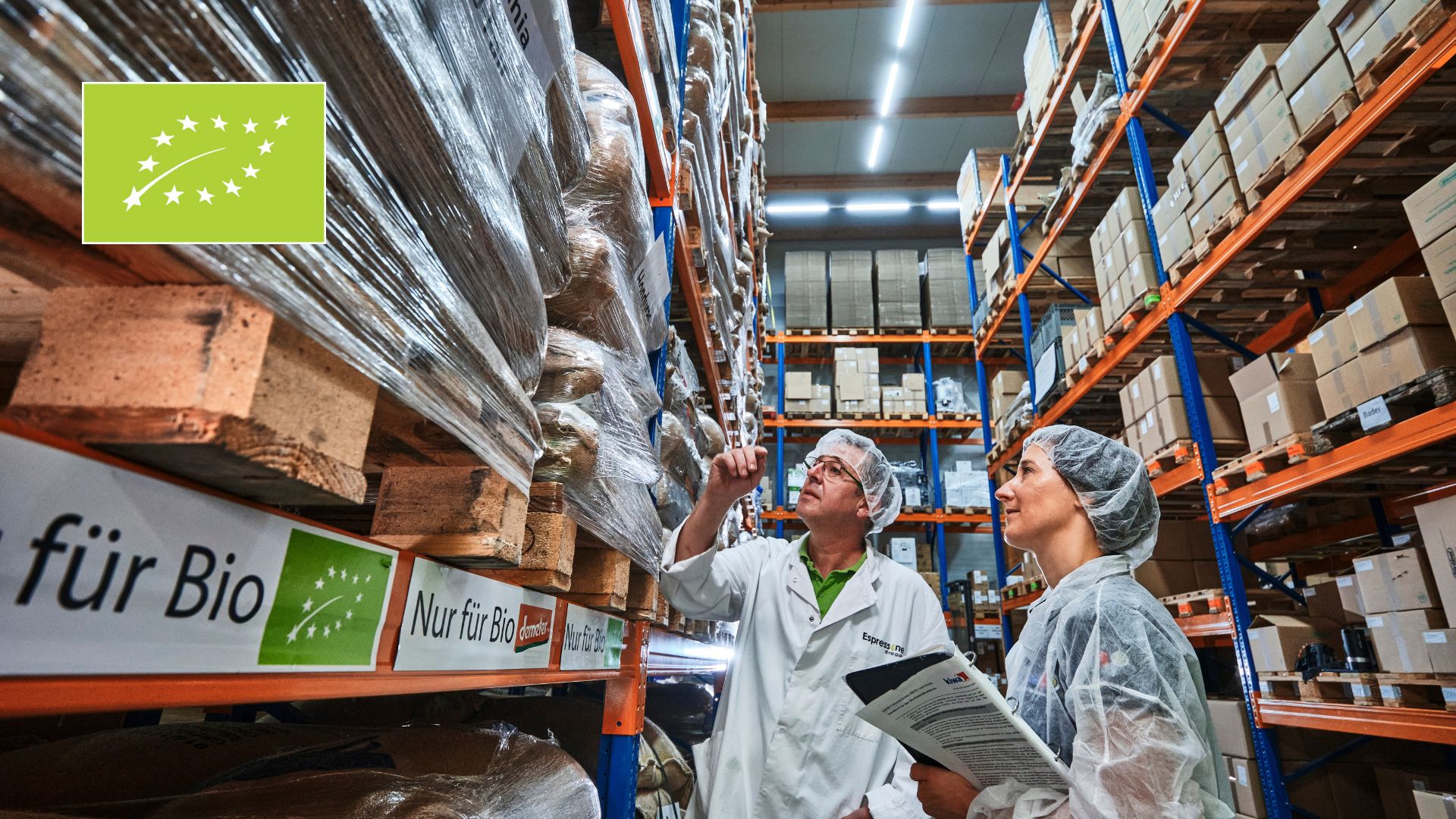


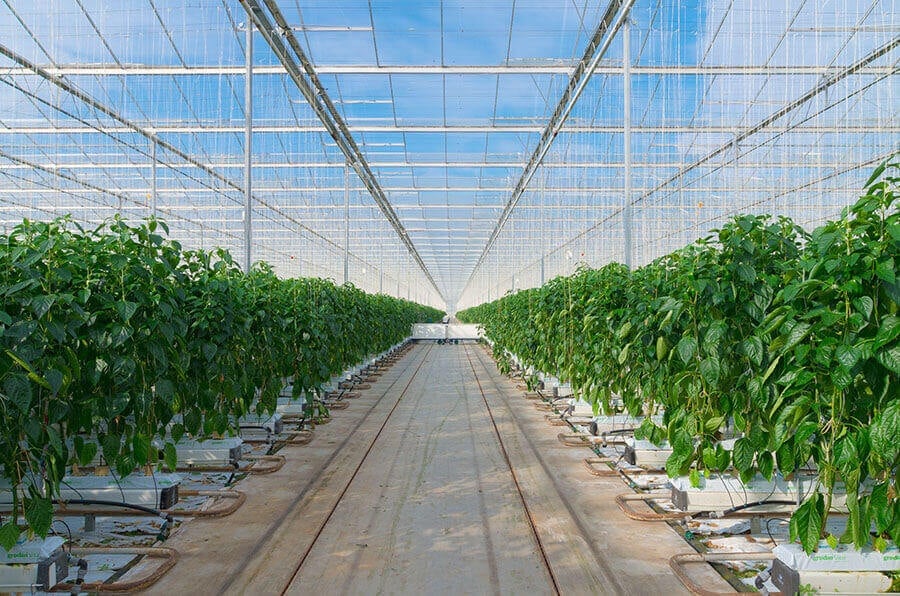

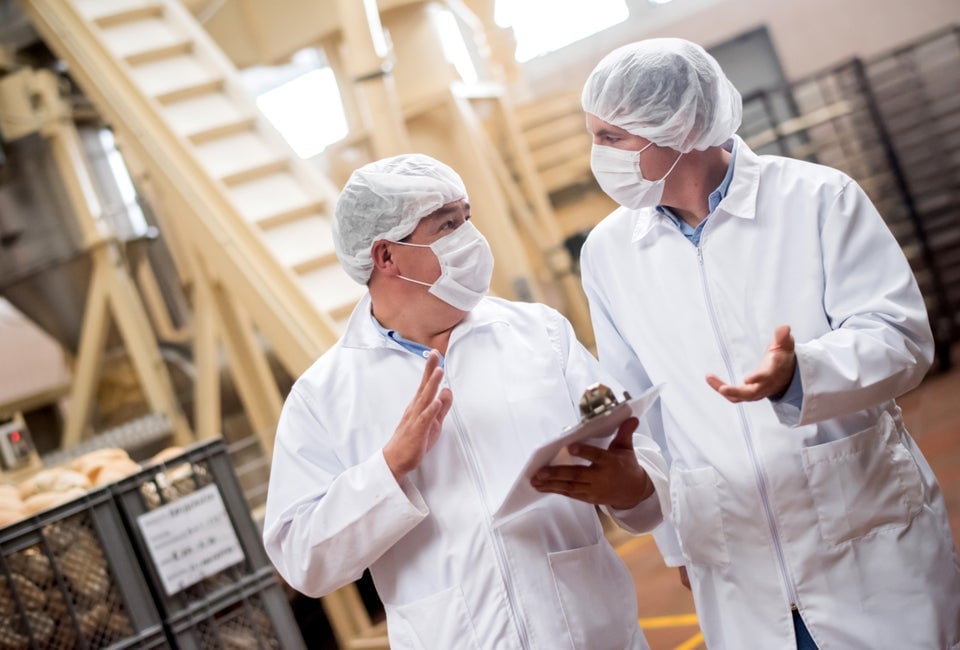

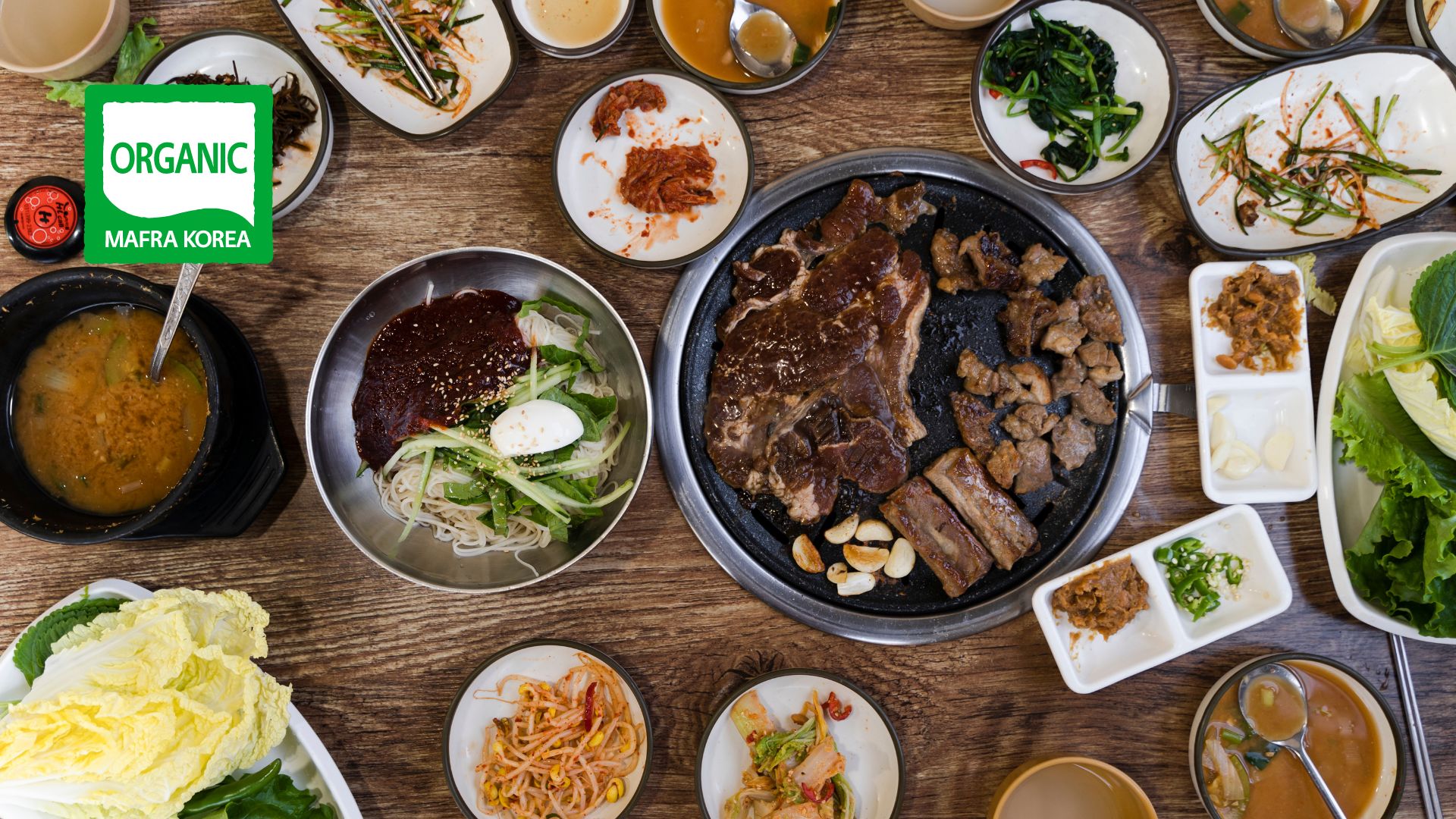
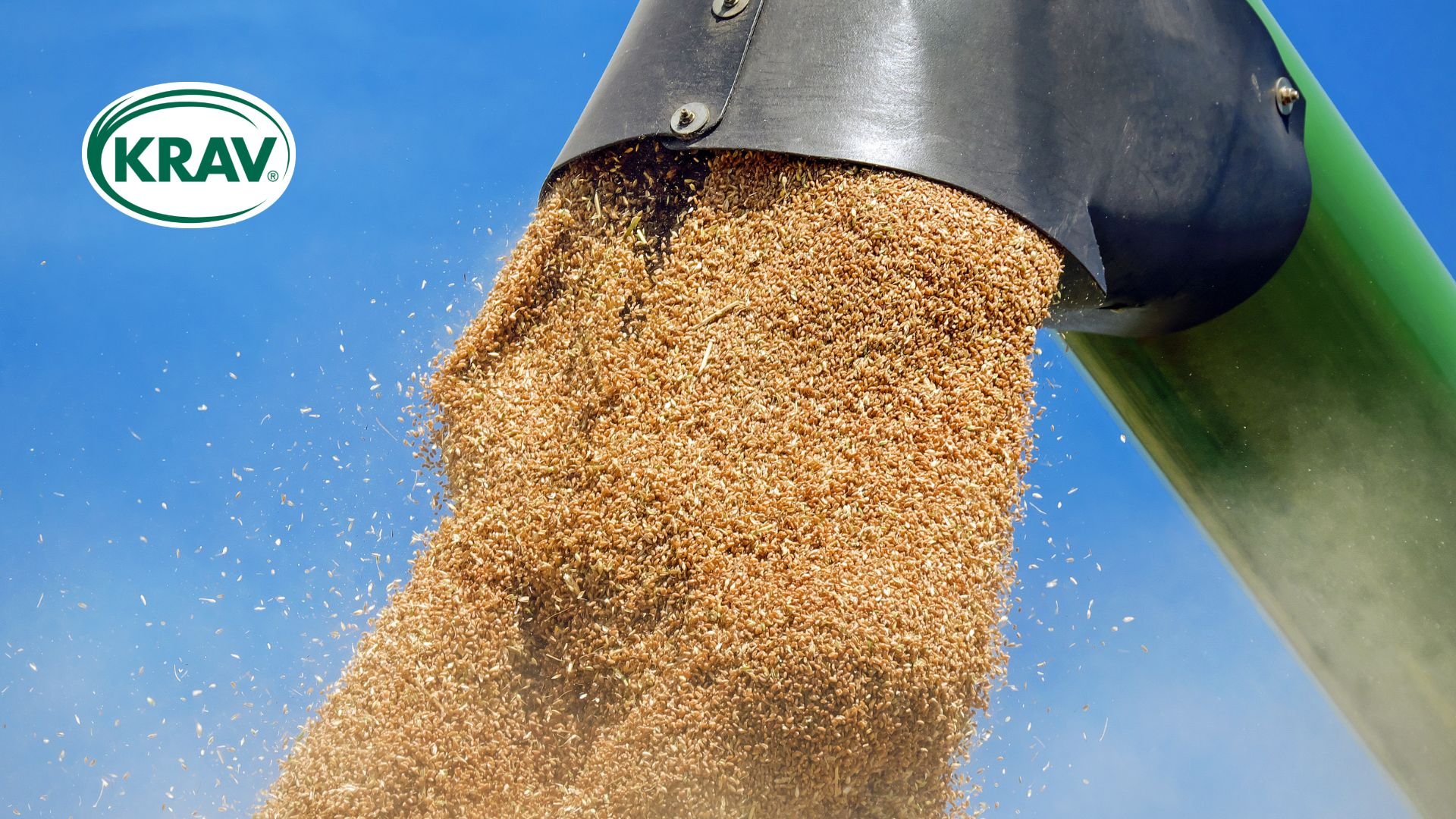
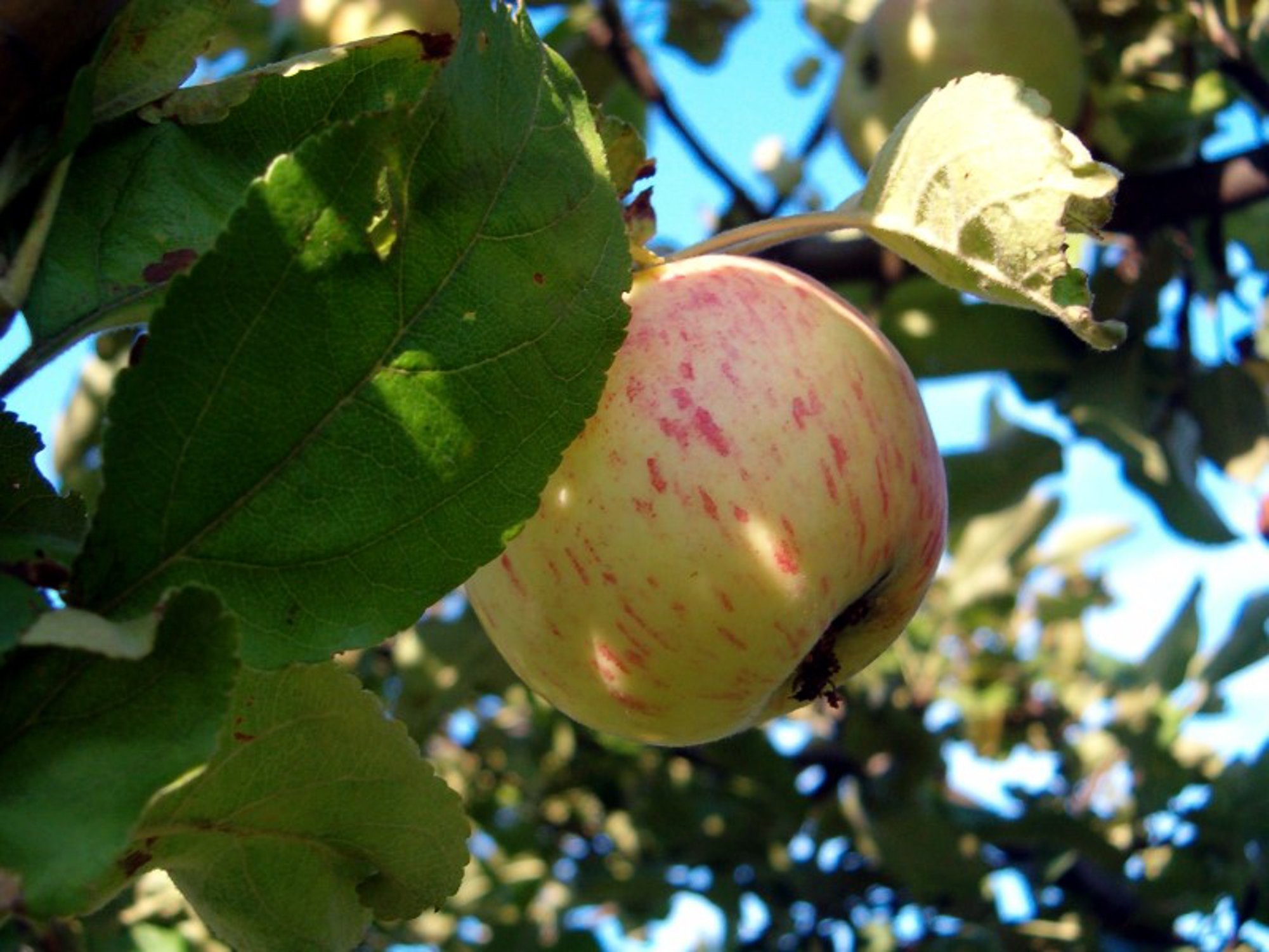
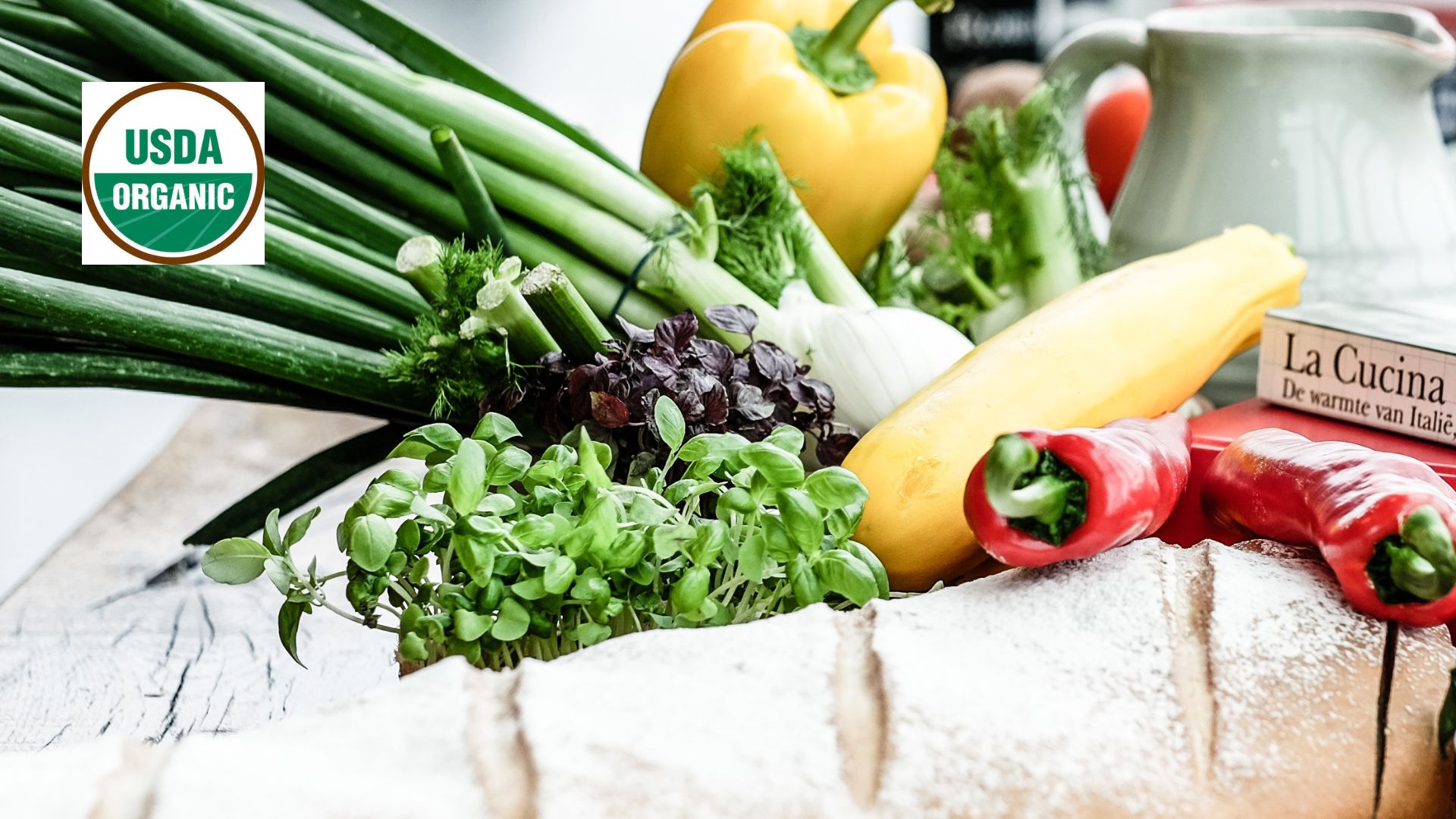
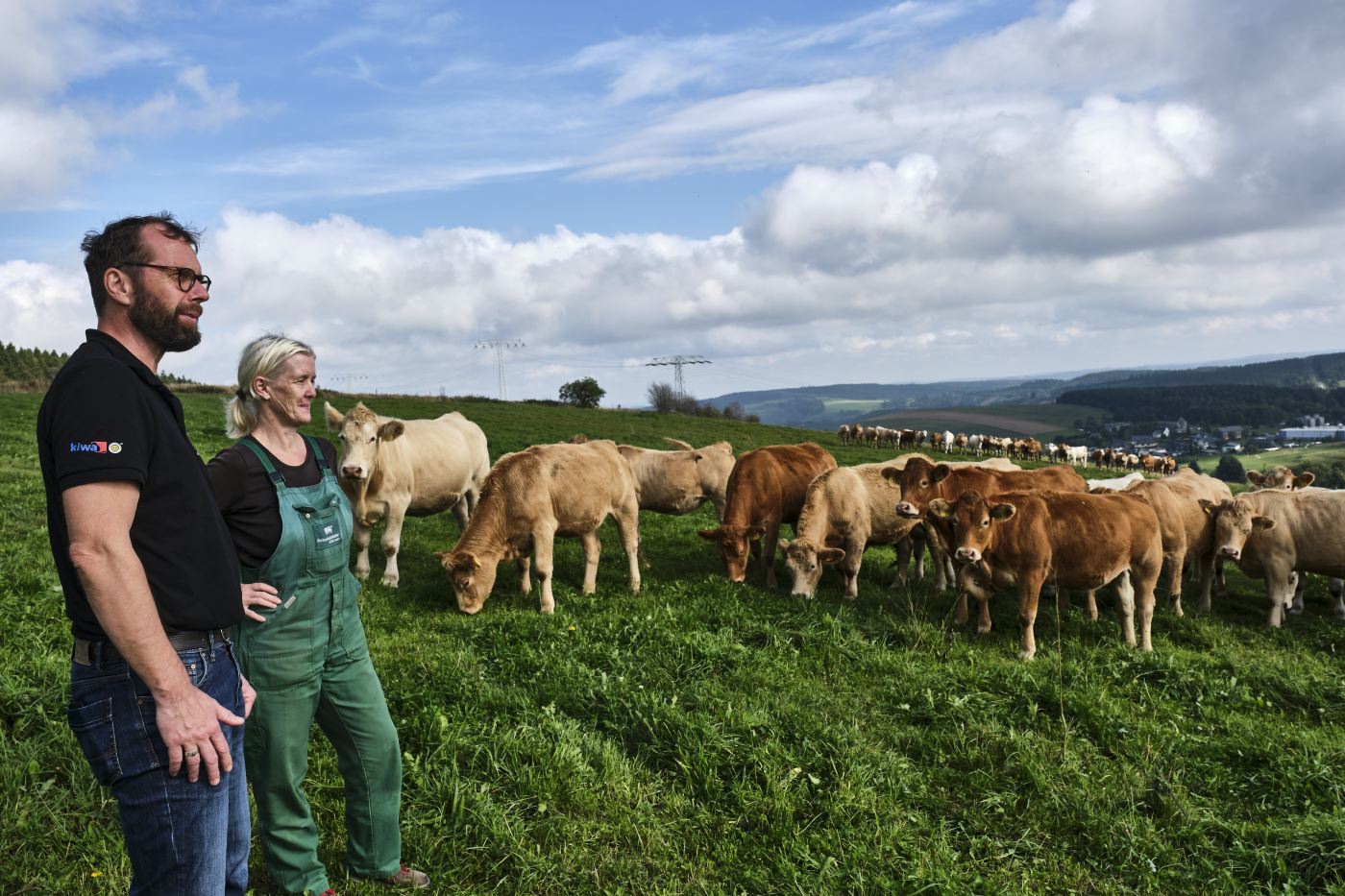

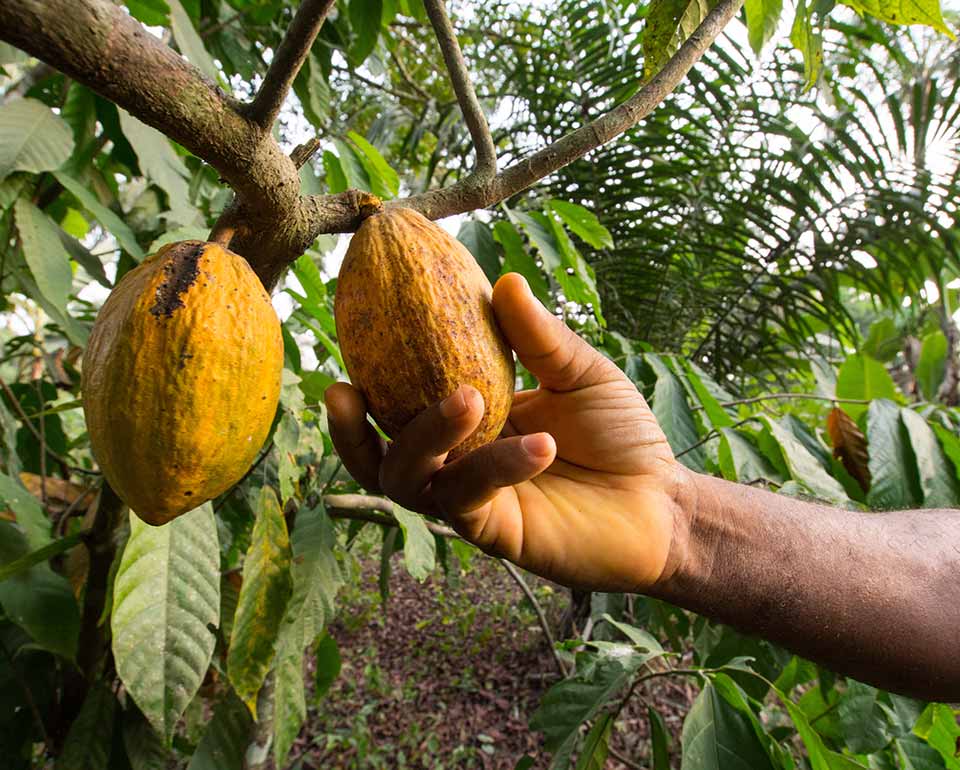
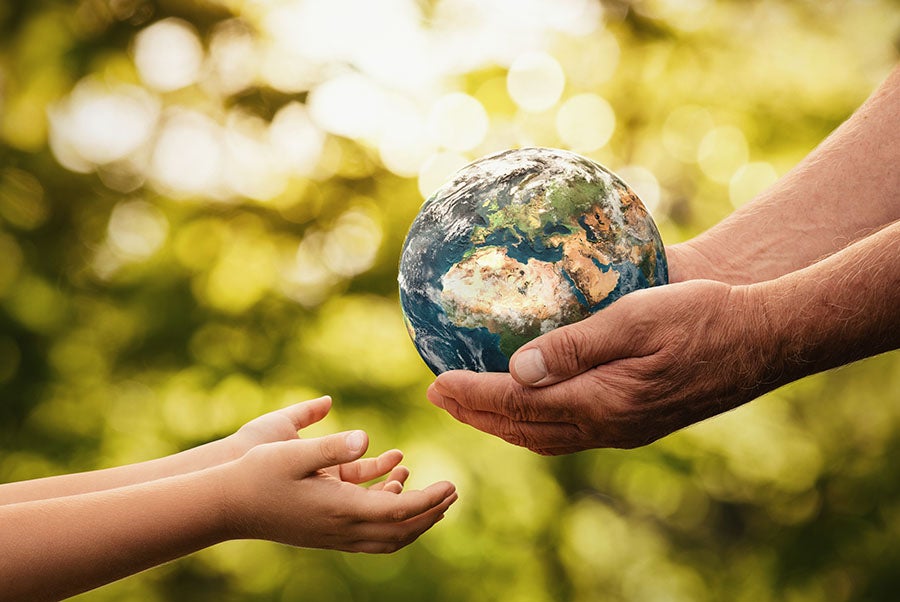
Kiwa is active in various countries in the field of Food, Feed and Agriculture. Do you want to know what a specific Kiwa country can offer you? Get in touch with our local experts!
Would you like to know more about our services in the field of Food, Feed and Agriculture? Please contact us using the form below.